Entry Category: Government and Politics
 Tom Cotton
Tom Cotton
County Coroner, Office of the
County Judge, Office of
Cox, David Adrian (Dave)
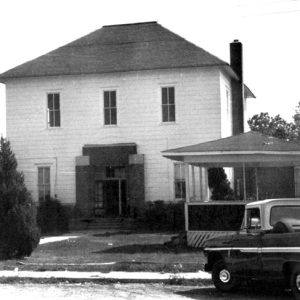 Craighead County Courthouse
Craighead County Courthouse
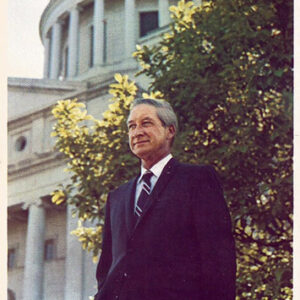 Crank Campaign
Crank Campaign
 Crank Campaign Card
Crank Campaign Card
Crank, Marion Harland
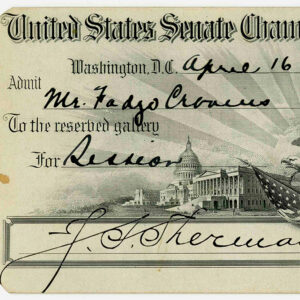 Cravens Senate Card
Cravens Senate Card
Cravens, Jordan Edgar
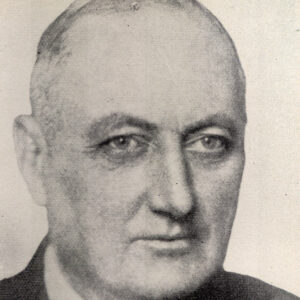 William B. Cravens
William B. Cravens
Cravens, William Ben
Cravens, William Fadjo
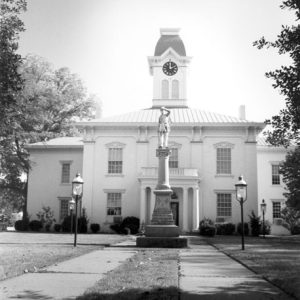 Crawford County Courthouse
Crawford County Courthouse
 Crawford Postcard
Crawford Postcard
Crawford, Eric Alan “Rick”
Crawford, Maud Robinson
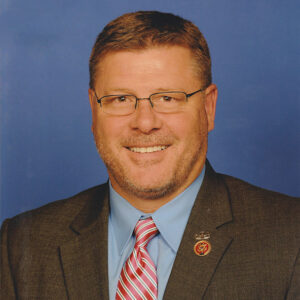 Rick Crawford
Rick Crawford
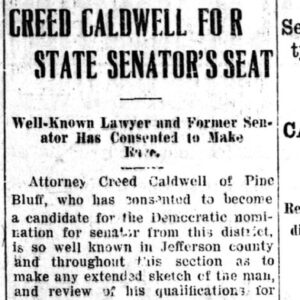 Creed Caldwell Story
Creed Caldwell Story
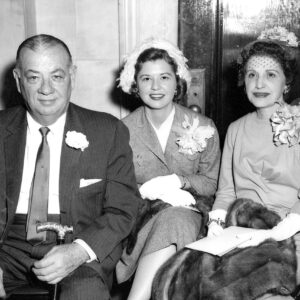 Crip Hall and Family
Crip Hall and Family
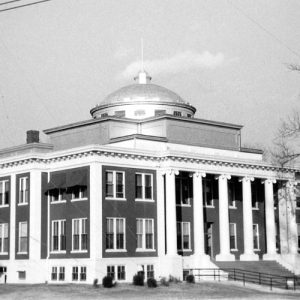 Crittenden County Courthouse
Crittenden County Courthouse
Crittenden County Expulsion of 1888
Crittenden, Robert
Crockett, Davy
aka: David Crockett
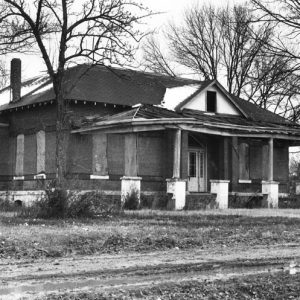 Old Cross County Courthouse
Old Cross County Courthouse
 Cross County Courthouse
Cross County Courthouse
Cross, Edward
Cross, John Storrs
Crossett, Edward Savage
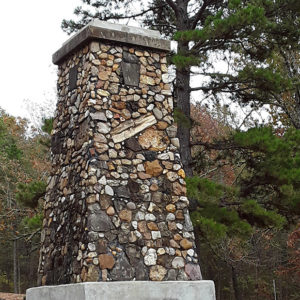 Crowley Monument
Crowley Monument
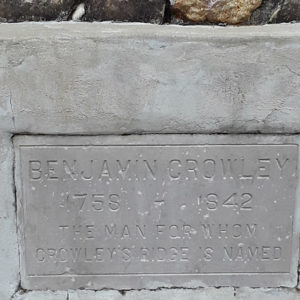 Crowley Monument Detail
Crowley Monument Detail
Crowley, Benjamin
Cuban Refugee Crisis
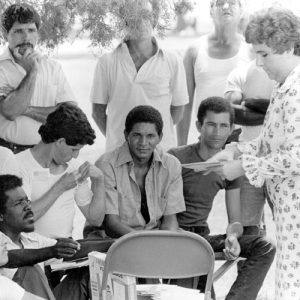 Cuban Refugees
Cuban Refugees
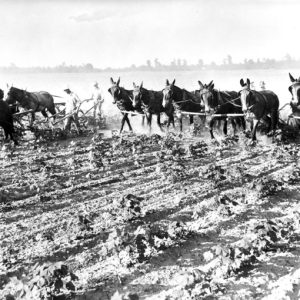 Cultivating Cotton
Cultivating Cotton
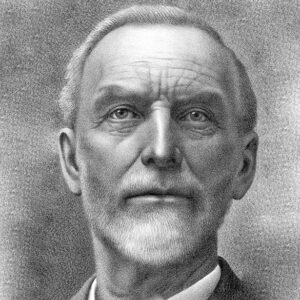 Charles E. Cunningham
Charles E. Cunningham
Cunningham, Charles E.
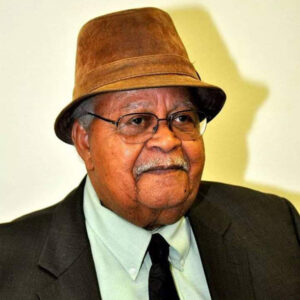 Charles F. Cunningham
Charles F. Cunningham
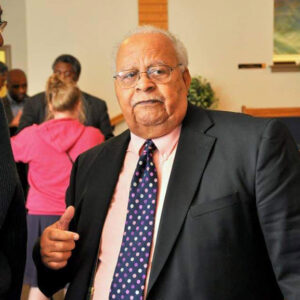 Charles F. Cunningham
Charles F. Cunningham
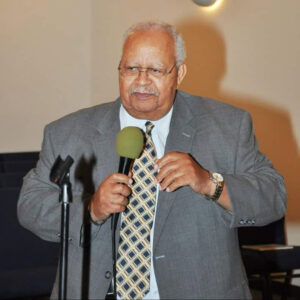 Charles F. Cunningham
Charles F. Cunningham
Cunningham, Charles Franklin
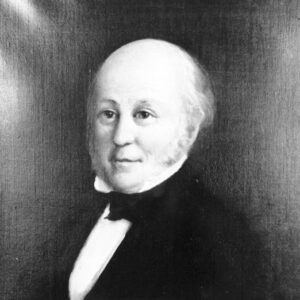 Matthew Cunningham
Matthew Cunningham
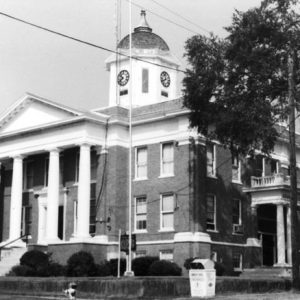 Dallas County Courthouse
Dallas County Courthouse
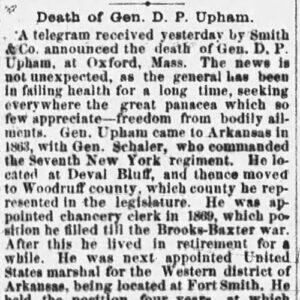 Daniel Phillips Upham Death Story
Daniel Phillips Upham Death Story
 Daniels and Supporters
Daniels and Supporters
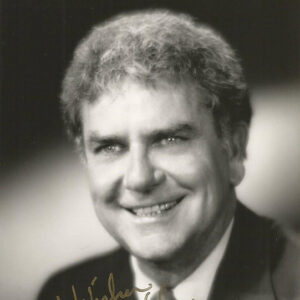 Charlie Daniels
Charlie Daniels
Daniels, Charlie
Danley, Christopher Columbus
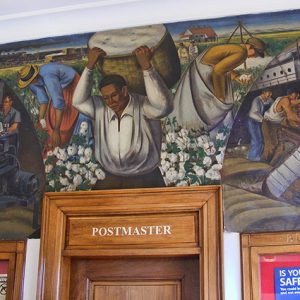 Dardanelle Post Office Art
Dardanelle Post Office Art




